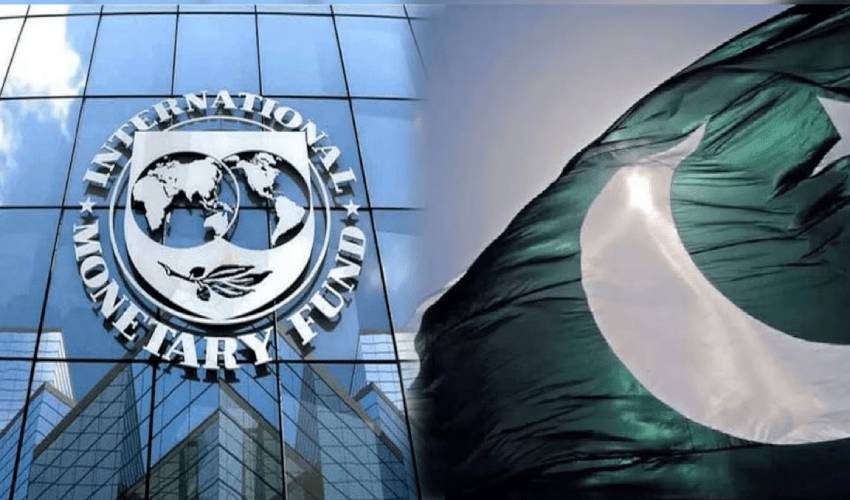

The International Monetary Fund (IMF) has approved a $7 billion Extended Fund Facility (EFF) for Pakistan, providing much-needed relief to a struggling economy that has faced several challenges in recent years. This loan is expected to stabilize the country’s financial situation by supporting its balance of payments and shoring up foreign reserves, which had been under significant pressure.
The development, announced by the Prime Minister’s Office, marks a crucial moment for Pakistan as it seeks to manage both domestic economic challenges and the impact of global economic headwinds, including inflation and rising energy prices. An official statement from the IMF was still awaited at the time of reporting, but the approval has been seen as a positive step toward economic recovery.
Prime Minister Shehbaz Sharif expressed his appreciation for the loan package, and shortly after the announcement, met with IMF Managing Director Kristalina Georgieva in New York. In the meeting, PM Sharif conveyed his gratitude for the IMF’s trust in Pakistan’s economic policies and reforms, expressing hope that this collaboration would foster stronger economic stability and growth.
What Is the Extended Fund Facility (EFF)?
The EFF is a program designed by the IMF to assist countries facing serious balance-of-payments issues due to structural weaknesses in their economies. By approving this loan, the IMF has demonstrated confidence in Pakistan’s ability to implement the reforms necessary to stabilize its economy. These reforms typically focus on improving fiscal discipline, curbing inflation, and enhancing the efficiency of public sector enterprises.
This $7 billion package is seen as a lifeline for Pakistan, which has been grappling with a host of economic problems, including dwindling foreign exchange reserves, inflationary pressures, and a widening fiscal deficit. While the loan will provide immediate relief, it also comes with conditions that require Pakistan to commit to structural reforms and fiscal discipline.
Economic Challenges Facing Pakistan
Pakistan’s economy has been under stress for some time, with multiple factors contributing to its woes. A slowdown in growth, coupled with high inflation, has severely impacted everyday citizens, especially the middle and lower-income groups. The country has also faced significant challenges in managing its energy sector, which has led to frequent shortages and further strained the economy.
Additionally, Pakistan’s external debt has been growing, making it difficult for the country to meet its repayment obligations without external assistance. The IMF’s loan is expected to help in managing this debt burden by stabilizing reserves and improving investor confidence in Pakistan’s economic outlook.
IMF’s Confidence in Pakistan’s Reforms
The IMF’s approval of the loan indicates that the global financial institution is confident in Pakistan’s recent reform efforts. These include measures to strengthen public finance management, improve the tax collection system, and introduce reforms in the energy sector to address inefficiencies. The government has already made several difficult decisions, such as removing certain subsidies and introducing austerity measures, which are part of the conditions laid out by the IMF.
Outlook for the Future
While the loan from the IMF provides a significant cushion, Pakistan’s journey toward long-term economic stability is far from over. The country will need to stay committed to the structural reforms outlined by the IMF to ensure sustainable growth. At the same time, the government must work on protecting the most vulnerable sections of society from the brunt of austerity measures.
This loan approval brings a glimmer of hope that with careful management, Pakistan can steer its economy out of the crisis. However, the success of this financial assistance largely depends on the government’s ability to effectively implement the reforms and take the nation on a path toward fiscal responsibility and sustainable economic growth.
Conclusion
The approval of the $7 billion IMF loan is a much-needed step for Pakistan as it faces the dual challenges of economic recovery and social welfare. It will provide immediate financial relief but also necessitates long-term reforms that are critical to securing a prosperous future for the country. Prime Minister Shehbaz Sharif’s engagement with the IMF’s leadership highlights the government’s commitment to overcoming the current crisis and strengthening Pakistan’s economy in the long run.
